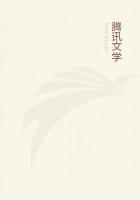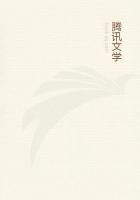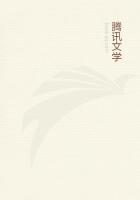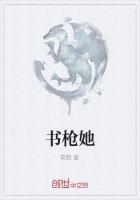Those perceptions which enter with most force and violence, we may name <impressions>, and under this name I comprehend all our sensations, passions, and emotions, as they make their first appearance in the soul.By <ideas>, I mean the faint images of these in thinking and reasoning; such, for instance, are all the perceptions excited by the present discourse, excepting only those which arise from the sight and touch, and excepting the immediate pleasure or uneasiness it may occasion." He tells us, that, in the use of terms, " I rather restore the word <idea> to its original sense, from which Mr.Locke had perverted it, in ****** it stand for all our perceptions." This theory is certainly very ******, but surely it is lamentably scanty.It will not do to place under the same bead, and call by the one name of <impressions>, two such things as the affections of the senses on the one hand, and the mental emotions of hope, fear, joy, and sorrow, on the other.Nor can we allow him to describe all our sense-perceptions by the vague name of impressions.What is meant by impressions? If the word bas any proper meaning, it must signify that there is something impressing, without which there would be no impression, and also something impressed.If Hume admits all this to be in the impression we ask him to go on with us to inquire what is in the thing impressed and in the thing that impresses, and we are at once in the region of existences, internal and external." I never," he says, " catch myself at any time without a perception, and never can observe any thing but the perception." His very language contradicts itself.He talks of catching <himself>.What is this <self> that he catches? But he may say it is only a perception.I reply that there is more.We never observe {135} a perception alone.We always observe self as perceiving.It is true that I never can catch myself at any time without a perception;but it is quite as certain, and we have the same evidence for it, that we never observe a perception except when we observe self perceiving.Let us unfold what is in this self, and we shall find that it no way resembles an impression, like that left by a seal upon wax. In regard to certain of our perceptions, those through the senses, we observe not only the self perceiving, but an object perceived.
He now explains the way in which <ideas> appear.By memory the impressions come forth in their original order and position as ideas.This is a defective account of memory, consciousness being the witness.In memory, we have not only a reproduction of a sensation, or, it may be, a mental affection, we recognize it as <having been before us in time past>.Of all this we have as clear evidence as we have of the presence of the idea. In imagination the ideas are more strong and lively, and are transposed and changed.This, he says, is effected by an associating quality; and he here develops his account of the laws of association, which has been so commended.But the truth is, his views on this subject, so far from being an advance on those of Hutcheson, are rather a retrogression: they are certainly far behind those of his contemporary Turnbull.He seems to confine the operation of association to the exercise of imagination: he does not see that our very memories are regulated by the same principle; nay, he allows that the imagination can join two ideas without it.The associating qualities are said by him to be three in number:
resemblance, contiguity in time or place, and cause or effect."I do not find," he says, "that {136} any philosopher has attempted to enumerate all the principles of association." But the classification propounded by him bears so close a resemblance to that of Aristotle, that we must believe that the one given by the Stagyrite had, in the course of his reading, fallen under his notice, though he had forgotten the circumstance.The difference between the two lies in Hume giving us cause and effect, instead of contrast as proposed by the Greek philosopher.It has often been remarked that Hume's arrangement is redundant, inasmuch as cause and effect, according to him, are nothing but contiguity in time and place.
He now shows how our complex ideas are formed.
Following Locke, he represents these as consisting of substances, modes, and relations.He dismisses substance very summarily.He proceeds on the view of substance given by Locke, one of the most defective and unsatisfactory parts of his philosophy.Locke stood tip for some unknown thing, called substance, behind the qualities.Berkeley had shown that there is no evidence of the existence of such a substratum.Hume assumes that we have no idea of external substance different from the qualities, and he proceeds to show that we have no notion of the substance mind distinct from particular perceptions." I believe none will assert that substance is either a color, or a sound, or a taste.
The idea of substance must therefore be derived from an impression of reflection, if it really exist.But the impressions of reflection resolve themselves into our passions and emotions, none of which can possibly represent a substance." A substance is thus nothing else than a collection of particular qualities united by the imagination.He thus suits the idea to his preconceived theory, instead of looking at the peculiar idea, and suiting his theory to the facts.I give up the idea of an unknown substratum behind the qualities.I stand up only for what we know.In consciousness, we know self, and in sense-perception we know the external objects as <existing things exercising qualities>.In this is involved what I reckon the true idea of substance.We can as little know the qualities apart from an object exercising them, as we can an object apart from qualities.We know both in one concrete act, and we have the same evidence of the one as the other.

